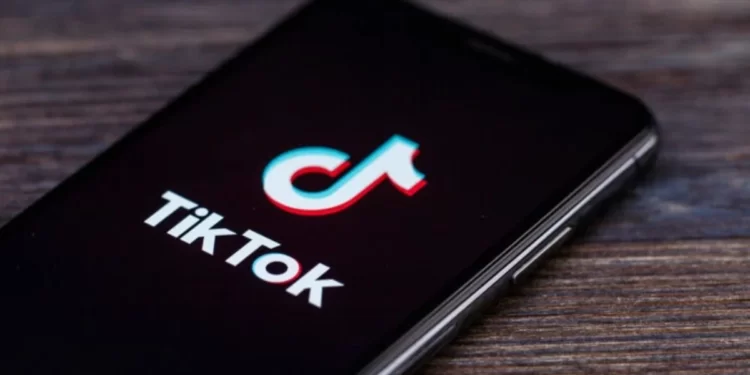TikTok has opened its first European data centre in Ireland to placate regulators and lawmakers over concerns of potential data transfers and spying. Over the past year, the highly popular Chinese-owned short-video platform has accreted a trove of worries from several western governments for its handling of sensitive user data.
TikTok has hired British cybersecurity firm NCC as the third-party security provider for its initiative called Project Clover. The initiative was launched earlier this year as part of TikTok’s data security plan to alleviate fears in connection with its Chinese origins. Both in the US and UK, TikTok has been facing fears that it might be forced to transfer sensitive data to the Chinese government under the country’s stringent regulations.
Under Project Clover, TikTok aimed to launch two data centres in Ireland and one in Norway. According to TikTok and NCC, they will soon engage with policymakers across Europe to explain what the system entails with regards to data storage and protection. Project Clover was launched to establish a “secure enclave for European TikTok user data”, according to TikTok. The company has now started transferring information related to European users to the data centre.
The NCC will be tasked with ensuring that “limited data types” at TikTok are accessed only by certain approved employees at TikTok. The cybersecurity firm will also carry out “real-time monitoring” to detect suspicious access attempts as well to respond to them. “All of these controls and operations are designed to ensure that the data of our European users is safeguarded in a specially-designed protective environment, and can only be accessed by approved employees subject to strict independent oversight and verification,” said Theo Bertram, vice president for European government relations and public policy at TikTok.
TikTok already stands banned from official devices in more than half of the US states, the European Union (EU), Canada, New Zealand, and Australia. The security concerns around the app have escalated dramatically this year, with its CEO Shou Zi Chew appearing before the US lawmakers for the first time to testify regarding the platform’s speculated ties with the Chinese Communist Party (CCP) and its efforts towards the mental well-being of young users. Chew remarked TikTok was not “an agent of China or any other country” at the hearing that lasted about five hours.
TikTok’s statements and Chew’s testimony have, however, done little to alleviate fears that are now deeply entrenched in the idea of “national security” in the US. As for Europe, the regulators sprang into action against TikTok following ByteDance’s disclosure that some of its staff based in China could access the data of European users. The revelation alerted the regulators, prompting TikTok’s CEO to meet EU officials to provide assurances regarding the region’s digital regulations.
The regulatory scrutiny against TikTok has been particularly intense in the US, where various government officials have called for a nationwide ban against the video-sharing app, which has roughly 80 million monthly active users. TikTok has repeatedly denied reports it is under any form of influence from the Chinese government, reiterating that it takes the safety and security of users’ personal information seriously. TikTok announced Project Clover to allay these very concerns. It has yet to be seen, however, if the initiative yields any desirable results for ByteDance in its western markets.





